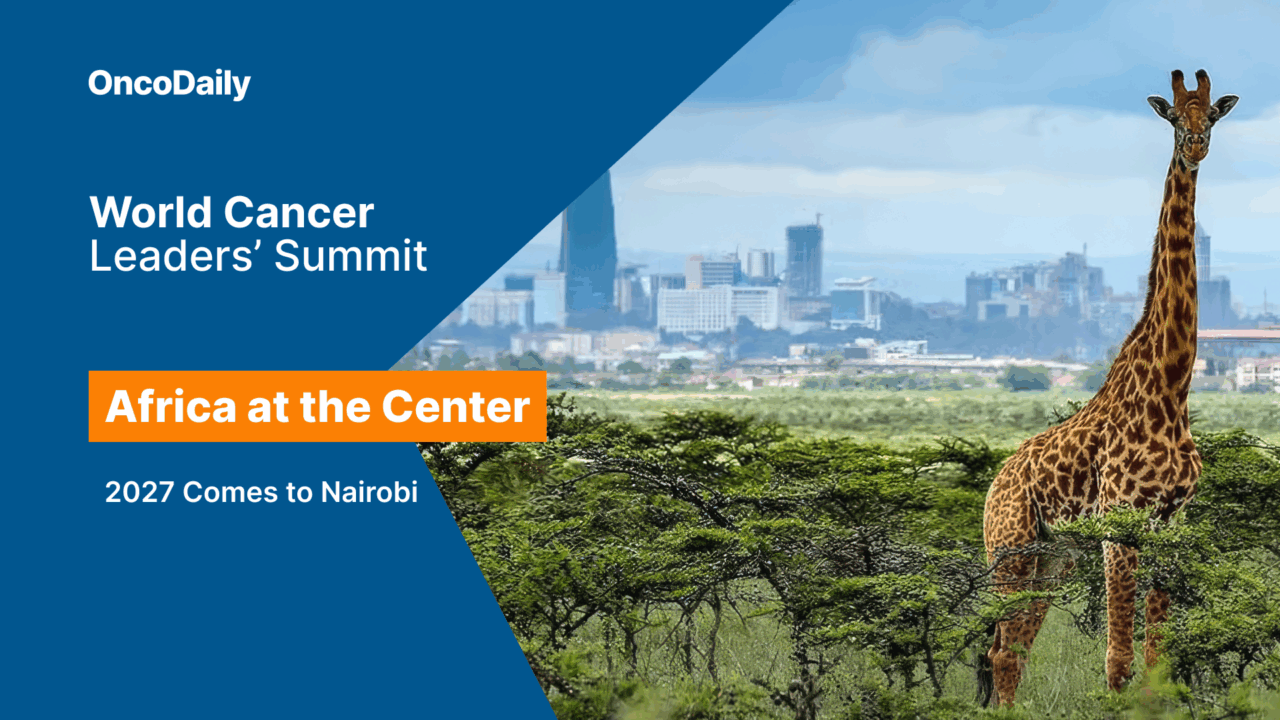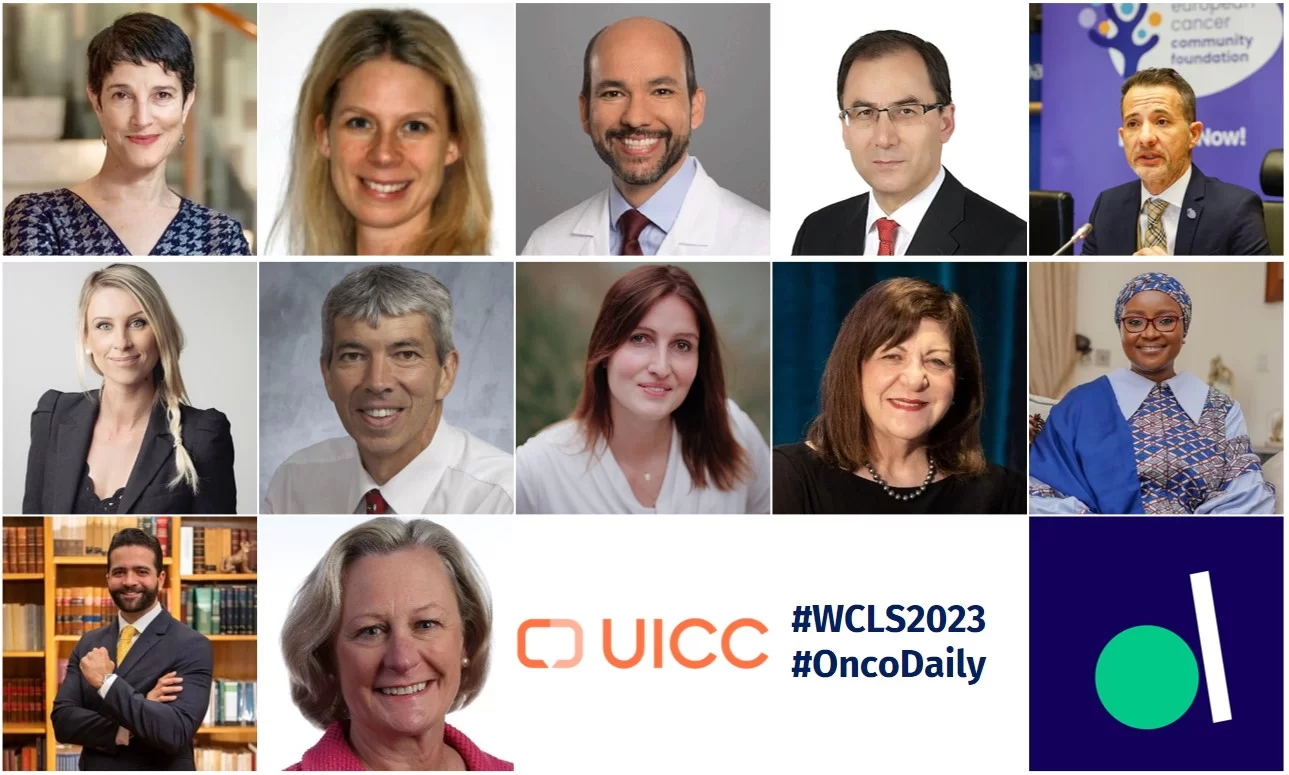Kenya will host the World Cancer Leaders’ Summit (WCLS) in 2027. The news was shared by Dr. Zainab Bagudu, President-Elect of the Union for International Cancer Control (UICC), marking a pivotal moment for cancer control efforts across Africa.
The update was highlighted by Dr. Julie Torode, Director of Strategic Partnerships, Patient and Community Engagement at the Institute of Cancer Policy, King’s College London, who described it as “a great opportunity for the African Cancer Community.”
Strengthening Africa’s Leadership in Cancer Control
Hosting the World Cancer Leaders’ Summit in Kenya underscores Africa’s growing leadership in shaping the global cancer agenda. The Summit will provide a vital platform for regional policymakers, clinicians, advocates, and researchers to engage in high-level dialogue on cancer prevention, access to treatment, and health system strengthening.
Dr. Bagudu’s announcement reflects a broader movement to ensure that the global fight against cancer is inclusive, equitable, and representative of all regions. The 2027 Summit in Kenya is expected to amplify African perspectives and highlight innovative solutions emerging from the continent.

World Cancer Leaders’ Summit 2023
The Role and Vision of the World Cancer Leaders’ Summit
The World Cancer Leaders’ Summit, organized by the UICC in partnership with the World Health Organization (WHO), the International Agency for Research on Cancer (IARC), and the International Atomic Energy Agency (IAEA), is one of the most influential high-level meetings in global oncology.
Held biennially, it gathers heads of cancer organizations, health ministers, international agencies, and civil society representatives to accelerate equitable access to cancer care and strengthen health systems worldwide. The Summit serves as a policy forum for setting global directions, sharing evidence-based practices, and fostering collaboration across regions.
Lessons from the 2023 World Cancer Leaders’ Summit
The last World Cancer Leaders’ Summit took place on 16–17 October 2023 in Long Beach, California, USA, under the theme “Cancer Control in a Changing World”. It brought together leaders from more than 70 countries to explore how cancer control strategies must adapt to a rapidly evolving global context.
Discussions addressed how environmental and societal factors, including air pollution, climate-related disasters, antimicrobial resistance, and rising obesity rates, affect cancer incidence and outcomes. Participants also examined the promise of emerging technologies such as artificial intelligence, mRNA-based therapies, and multi-cancer early detection tools. These innovations, while groundbreaking, were discussed through the lens of equity: ensuring that such advances reach all populations, not only those in high-income countries.
A strong message emerged from the 2023 Summit, that closing the global cancer care gap must remain the top priority. Delegates called for governments to turn commitments into tangible action, for health systems to become more people-centered, and for both public and private stakeholders to mobilize resources toward universal health coverage that fully integrates cancer prevention and treatment.
15 Posts From the World Cancer Leaders Summit 2023 Not To Miss!
Looking Toward 2027: Kenya at the Heart of Global Cancer Dialogue
The selection of Kenya as host for the 2027 World Cancer Leaders’ Summit represents a turning point for the continent. It highlights the expanding capacity and influence of African nations in the field of oncology, while offering a unique opportunity to showcase regional innovation and leadership.
For the Afrocan cancer community, the upcoming Summit is expected to deepen partnerships, attract new investments, and reinforce Africa’s position as an essential contributor to global cancer control. It will also serve as a platform for addressing critical issues such as access to radiotherapy, workforce development, and health equity.
As preparations begin, all eyes will be on Kenya in 2027, a moment when the world’s oncology leaders will come together on African soil to advance a shared vision: reducing the global cancer burden through equity, collaboration, and innovation.
Written by Nare Hovhannisyan, MD



